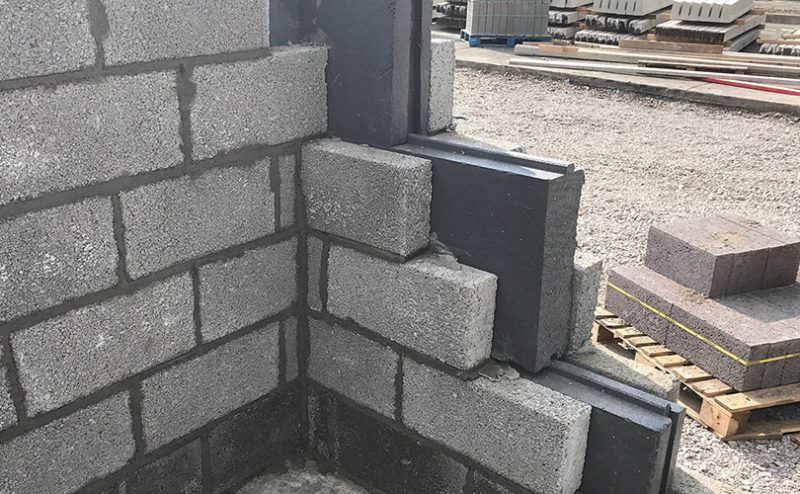
A new report from the Construction Industry Federation (CIF) shows that 10,600 extra workers joined the construction workforce in 2018, up 8% year on year and bringing the total workforce to 145,500.
Construction Investment
There was a 20% increase in investment in building and construction in 2018, with €26 billion invested during the year. The report shows that housing investment increased by 24% in 2018, with 18,072 new housing units completed, an increase of 25% on 2017 and 22,467 new housing units commenced construction in 2018, which is an increase of 28% year on year.
Speaking at the CIF’s quarterly briefing in Davy’s, Jeanette Mair, CIF Economic and Policy Research Executive said: “CIF forecasts predict completions of new homes will increase to 23,000 in 2019 and 28,500 in 2020, with an increase in housing investment in 2019 of 20% and further increase of 12% in 2020.
The report also shows that non-residential construction increased by 12% in 2018, which has been driven by the commercial and FDI sectors. However, due to the sheer volume of commercial building from 2015-2017, it is expected this growth will slow in 2019 and 2020 to 7% and 6% respectively.
Growth in the sector is expected to average 16% in 2019, before moderating to 10% in 2020. Even with growth moderating after 2020, the Department of Finance has predicted investment in the sector will increase to €41 billion by 2023.”
Cost of Construction
The report shows the cost of construction rose by 7.7% in 2018 and is forecast to rise by 6.5% 2019. The CIF report indicates that these increases are being caused by the high demand for construction services, skill shortages in the sector and wage increases.
Working Permit Changes
To combat these increases and the current skills shortage in the industry, CIF has engaged with the Department of Business, Enterprise and Innovation to make amendments to the Critical Skills Occupations List. These changes will mean non-EEA nationals will be able to apply for a Critical Skills Employment Permit from April 22nd 2019 if they are a civil engineer, quantity surveyor, construction project manager or a mechanical/electrical engineer with BIM experience.
A number of occupations will also be removed from the Ineligible Occupations List and will now be eligible for a General Employment Permit including sheet metal workers, crane drivers, plasterers, bricklayers, pipefitters and welders.
Hubert Fitzpatrick, Director of Housing, Planning & Development at CIF said: “The Irish economy has been growing strongly over the past number of years and it is clear from these figures that the construction industry has been growing with it. We’ve seen an extra 10,600 workers join the construction industry last year, which is helping to meet the 20% increase in investment in the sector.
With investment in the industry expected to reach €41 billion in 2023 and construction costs continuing to increase, we need to encourage more people to enter the construction industry, so skill shortages are not holding back growth, both of the industry and the economy as a whole. We’re confident that the employment permit changes we have secured will help to address this issue and that Ireland will start to see more skilled workers enter the construction industry.”